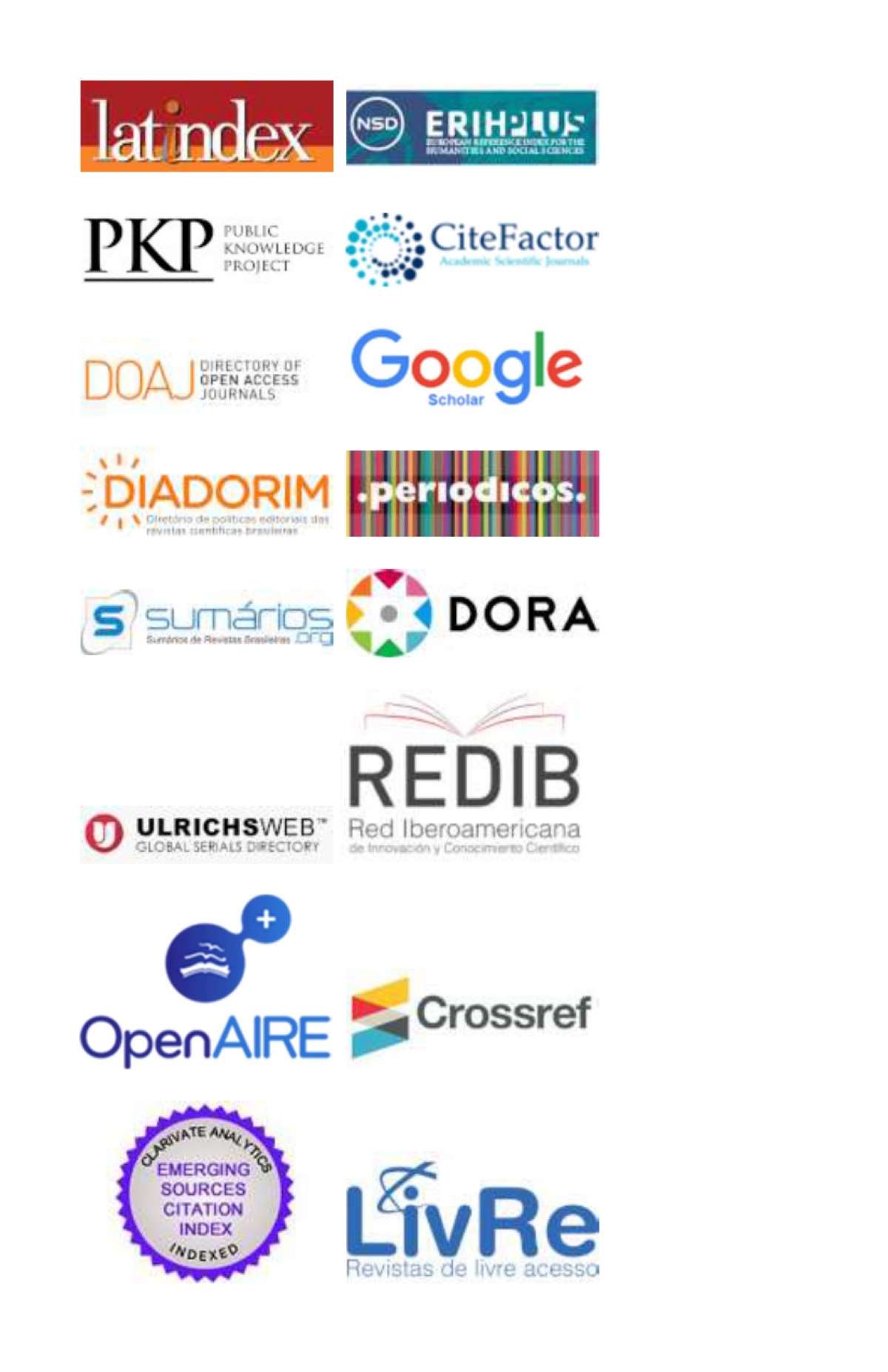PHYSICIAN-ASSISTED SUICIDE AS A CONSTITUTIONAL RIGHT: GLUCKSBERG REVISITED
GLUCKSBERG REVISITED
DOI:
https://doi.org/10.21783/rei.v9i2.735Keywords:
right to die, suicide, assisted suicide, substantive due process, USA, GermanyAbstract
“Glucksberg“ is celebrating its 25th anniversary. In 1997, the Supreme Court held that a right to (physician) assisted suicide was not protected by the Due Process Clause of the Fourteenth Amendment. However, the Court was wrong – back then and today. This is not only because of US case-law and US states legislation, but also because of international developments all pointing towards legalizing assisted suicide.
Downloads
References
Antonin Scalia, Scalia Speaks – Reflections on Law, Faith, and Life Well Lived 265 (2017) (emphasis added).
Cruzan by Cruzan v. Dir., Missouri Dep't of Health, 110 S. Ct. 2841, 2852 (1990).
Edward T. Mechmann & Alexis N. Carra, Physician-Assisted Suicide and the New York State Constitution, 81 Alb. L. Rev. 1337, 1342 (2017/2018).
Giza Lopes, Dying with Dignity – A Legal Approach to Assisted Death XI-XII (2014).
Howard Ball, The Right to Die – A Reference Handbook 203 (2017).
Melvin I. Urofsky, Lethal Judgments – Assisted Suicide and American Law 5 (2000).
Melvin I. Urofsky, Lethal Judgments – Assisted Suicide and American Law 138 (2000) with reference to Laurence H. Tribe.
Myers v. Schneiderman, 85 N.E.3d 57, 67 (N.Y. 2017) (Rivera, J., concurring).
Neil M. Gorsuch, The Future of Assisted Suicide and Euthanasia 28-29 (2009) with reference to George E. Woodbine, Bracton On the Laws and Customs of England 424 (1968).
Vacco v. Quill, 521 U.S. 793 (1997): on equal protection grounds.
Washington v. Glucksberg, 521 U.S. 702 (1997): on due process grounds.
Downloads
Published
Versions
- 2023-08-07 (2)
- 2023-08-07 (1)
How to Cite
Issue
Section
License
Copyright (c) 2023 Alexander Brade

This work is licensed under a Creative Commons Attribution-NonCommercial 4.0 International License.
The authors hold their copyright and concede to the JOURNAL OF INSTITUTIONAL STUDIES the right to the first publication, in accordance with the Creative Commons Attribution license.
Authors are strongly encouraged to publish their manuscripts in other medias, such as institutional repositories and personal pages. The Journal only requires the credits of the first publication.






